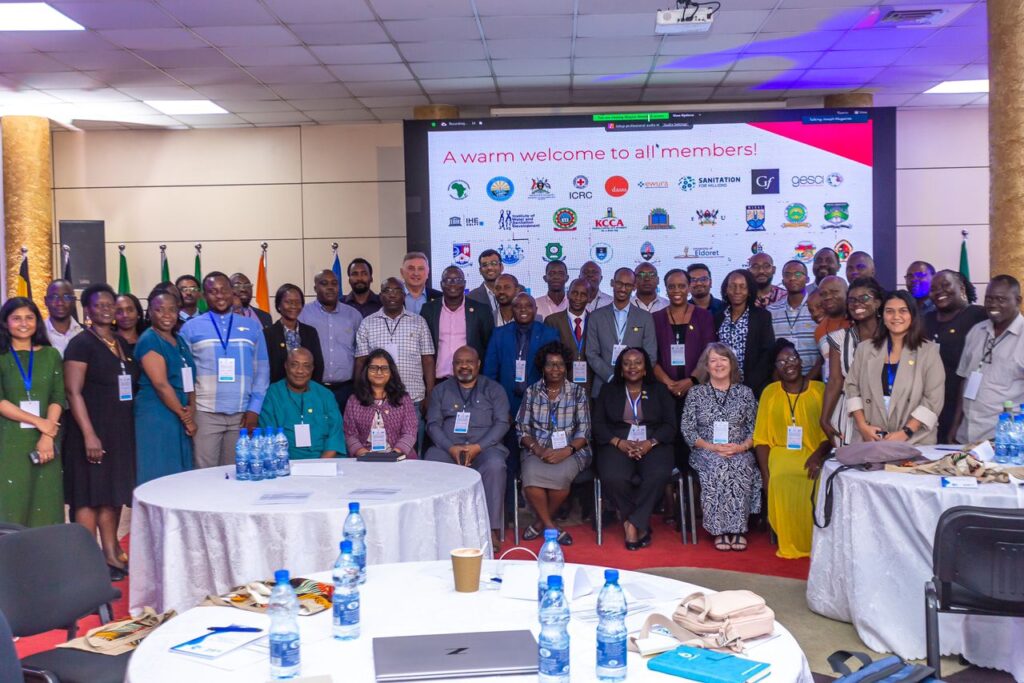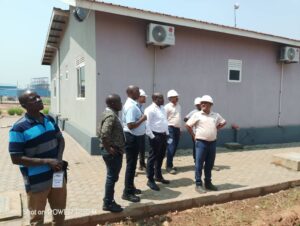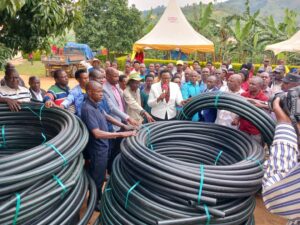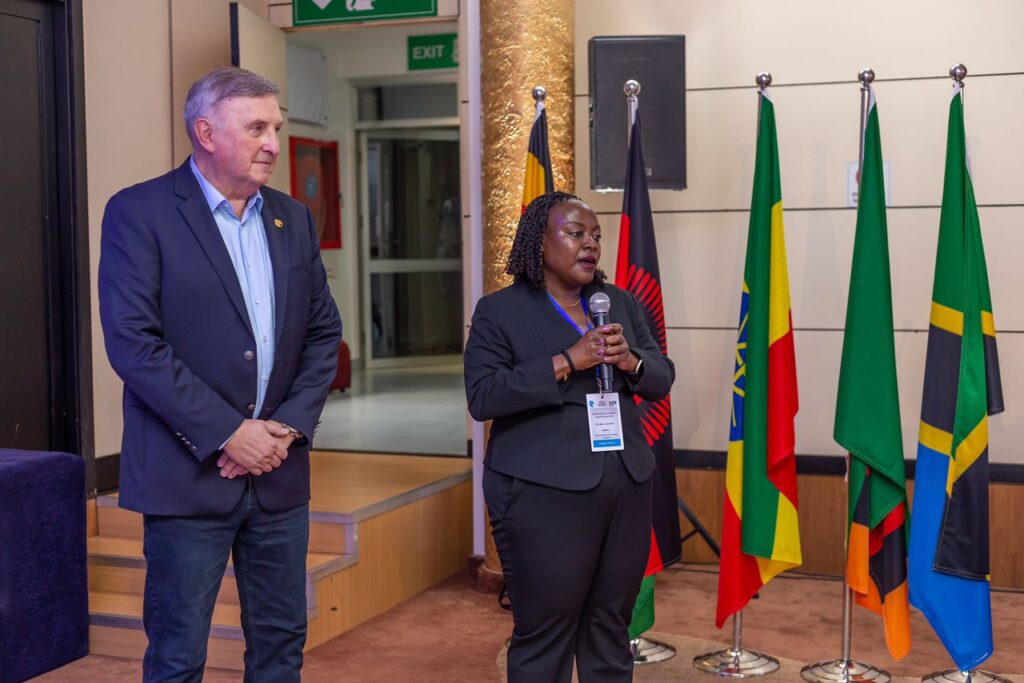
Amid growing concerns over public health and environmental sustainability, the Global Sanitation Graduate School (GSGS) is advancing bold solutions to tackle global sanitation challenges. During a workshop held alongside the 94th African Water and Sanitation Association Scientific and Technical Conference (AfWASA STC), GSGS convened a dynamic group of experts, policymakers, and stakeholders to reimagine how sanitation systems can better serve communities worldwide.
Focused on innovation and inclusivity, the workshop highlighted the urgent need for actionable solutions, particularly in low- and middle-income regions. From embracing technological advancements to fostering behavioral change, the discussions prioritized strategies that align with the cultural, economic, and political realities of affected communities with the goal to transform sanitation infrastructure into a catalyst for healthier lives and resilient ecosystems.
One of the workshop’s key moments was the naming of the Africa 2 regional hub as “East and Southern Africa,” the largest and most diverse in GSGS’s network. With this hub, the region gains access to an enriched curriculum, vocational training programs, and partnerships with academic institutions and governments. These initiatives are designed to bridge the gap between research and practical application, ensuring that sanitation solutions are not only innovative but also impactful on the ground.
The workshop also emphasized that effective sanitation requires more than engineering expertise, it demands active community participation. GSGS is championing education and resource-sharing as tools to empower communities, enabling them to adopt sustainable practices tailored to their unique circumstances. By fueling local ownership of sanitation projects, the school is setting the stage for long-term success.
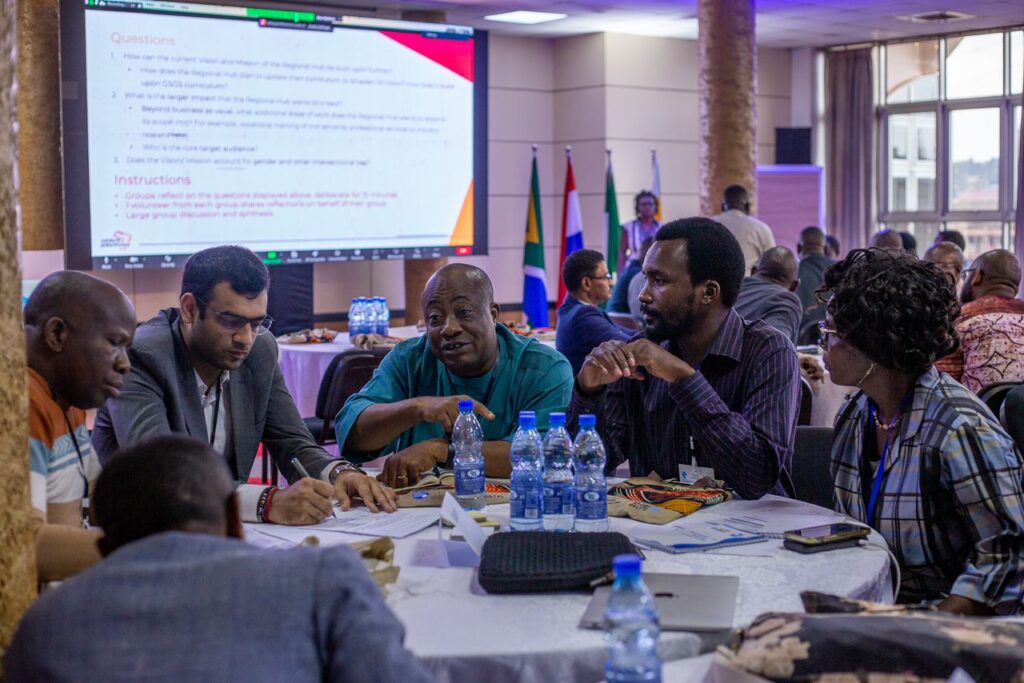
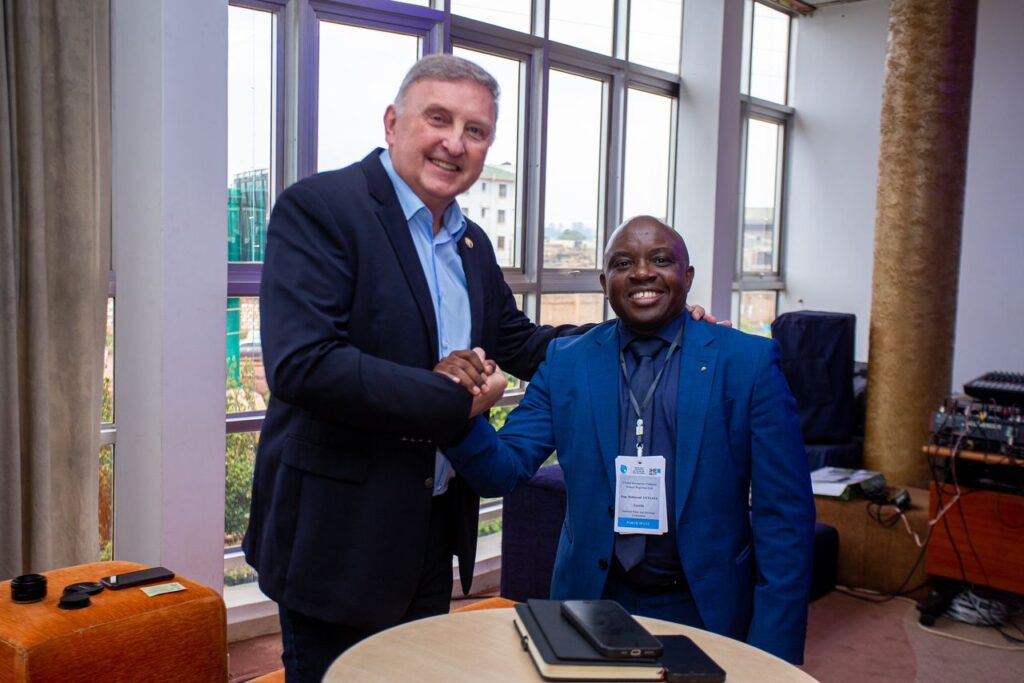
Collaboration across disciplines was a recurring theme. Universities, research bodies, and local organizations were encouraged to pool resources and share best practices, forming a global network of sanitation experts. This approach ensures that theoretical knowledge is coupled with practical, community-oriented applications, making a tangible difference in the lives of millions.
Another focus of the workshop was the integration of data-driven decision-making. Advanced analytics and innovative data collection methods were presented as essential for guiding policies and allocating resources effectively. By grounding strategies in reliable data, stakeholders can better assess progress and adapt to emerging challenges, maximizing the impact of their interventions.
Crowning the event was the announcement that the National Water and Sewerage Corporation (NWSC) will lead the East and Southern Africa Hub. This is no surprise for Africa’s leading utility which has a strong record of accomplishment in sustainable water and wastewater management and its potential to drive revolutionary sanitation practices in the region.
The GSGS workshop served as both a reflection of ongoing efforts and a call to action. Through strategic partnerships, community empowerment, and innovative education, the school is building a generation of leaders ready to revolutionize sanitation. These leaders, equipped with knowledge and hands-on experience, will shape systems that prioritize health, equity, and environmental sustainability.
